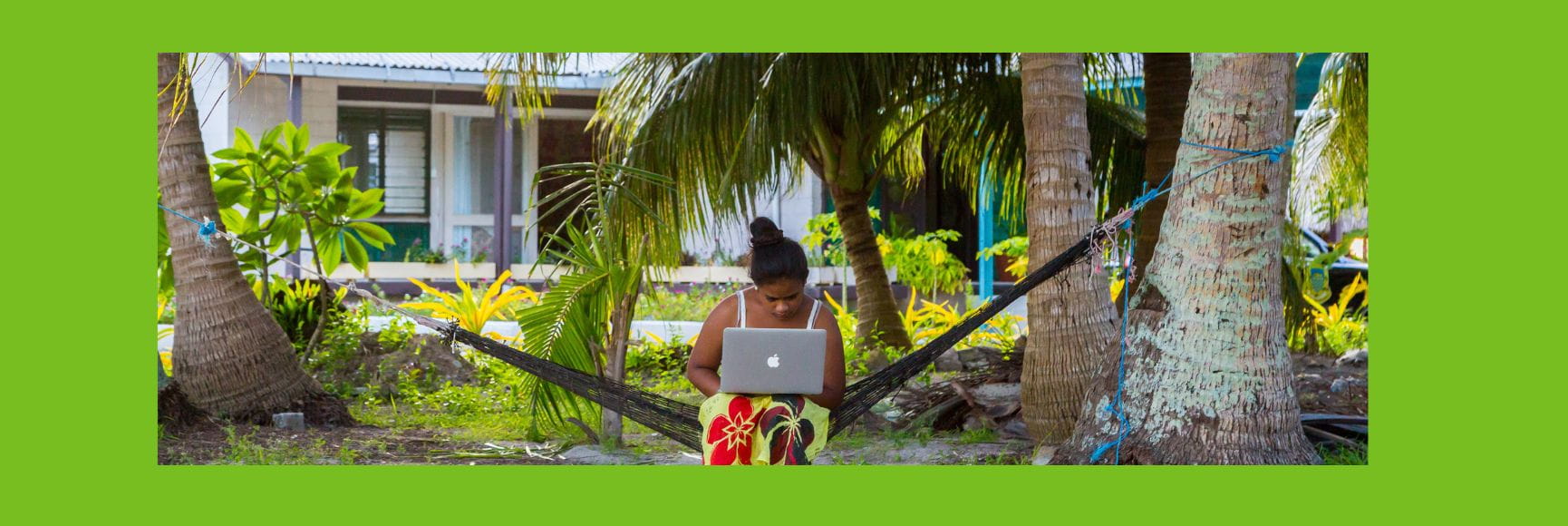Gender inequality remains a significant challenge in many countries, including for those in the Pacific. For example, in Fiji, women’s labor force participation is about half that of men[1]. In Papua New Guinea, women are half as likely as men to hold paid jobs in the formal sector. Female representation in national legislatures also remains low at around 6 percent on average in Pacific countries, compared to the global average of 26 percent[2]. Addressing these inequalities can generate significant benefits. A recent World Bank study finds that on average, long run GDP per capita would be around 22 percent higher in Pacific Island Countries if gender employment gaps were to close[3]
Gender budgeting (GB) is an important instrument that governments can use to promote gender equality. GB is not just about financing gender equality initiatives – rather, it is about integrating a gender perspective into existing public financial management (PFM) processes, recognizing that government policies impact men and women differently, and ensuring that fiscal policies are supportive of gender equality goals. Despite the growing international recognition of its value, GB practices have so far remained underutilized in the Pacific. A recent 4-day virtual regional workshop hosted by the IMF’s Fiscal Affairs Department[4] and the PFTAC[5] helped participants understand gender gaps in the region and considered how to build momentum for gender budgeting reforms.
Input from participants prior to the workshop revealed that Pacific Island Countries see political support as one of the most important factors to successfully implementing GB reforms. Countries also flagged that it is the lack of clear guidance on how to incorporate gender considerations into the annual budget that they see as one of the most difficult challenges they face in advancing GB reforms.
Over the course of 4 days, participants were able to explore these challenges through a combination of interactive lectures, case studies, and exercises. The workshop introduced the IMF GB framework and highlighting specific tools to support the integration of a gender lens into the budget. This ranged from the legal and institutional framework to specific approaches such as gender tagging and gender budget statements.
Within the region, Timor Leste, Fiji and Samoa, are at very different stages of reform and shared their perspectives. Timor Leste, a veteran of gender budgeting in the region, shared their innovative approach to gender and climate tagging. Fiji has made rapid progress in a short time, being inspired by the 2019 Gender PEFA outputs and benefiting from the support of a female speaker in the Parliament, who incorporated gender analysis into the standing orders. The workshop’s virtual platform allowed participants to be exposed to colleagues outside of the region, with motivational reform efforts being shared by officials in Togo (Africa) and Turks and Caicos (Caribbean). Both shared interesting experiences about how to achieve political leadership buy-in and to drive gender budgeting reforms. The case of Turks and Caicos was of particular interest as they are endeavoring to implement both green and gender budgeting concurrently with IMF support.
The workshop had 69 participants from ministries of finance, ministries of women, civil society and the donor community and representation from 14 of the 16 PFTAC[5] member countries.
At the end of the workshop, participants left with a deeper understanding of GB – not only its definition and available technical tools, but also practical advice on implementation and options to address some of the most common issues.
[1] The Future of Work for Women in the Pacific Islands, The Asia Foundation, 2021
[3] A Gender Employment Gap Index (GEGI): A Simple Measure of the Economic Gains from Closing Gender Employment Gaps, with an Application to the Pacific Islands, Steven Pennings
[4] The IMF team included, Gemma Preston, Paul Seeds, Iulai Lavea, Kris Kauffman, Magda Tomczynska-Smith and Chloe Cho
[5] The 16 Members of PFTAC Include - Fiji, Tonga, Timor Leste, PNG, Kiribati, Tuvalu, Samoa, RMI, FSM, Palau, Cook Islands, Solomon Islands, Vanuatu, Niue, Tokelau, Nauru.






